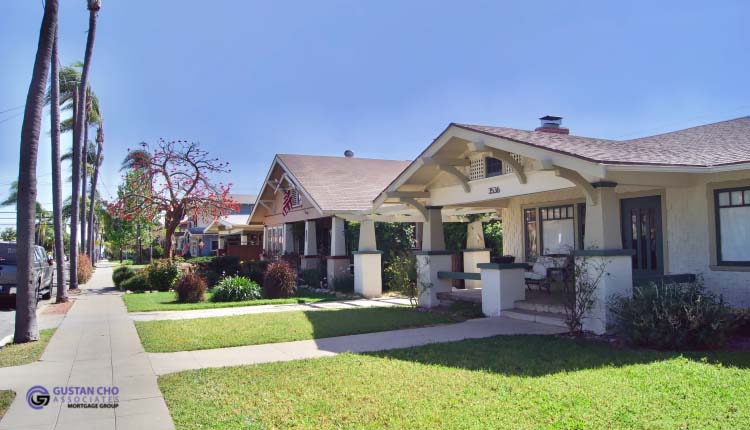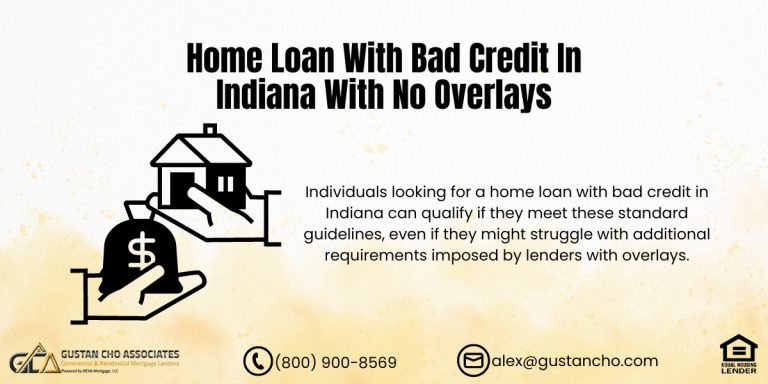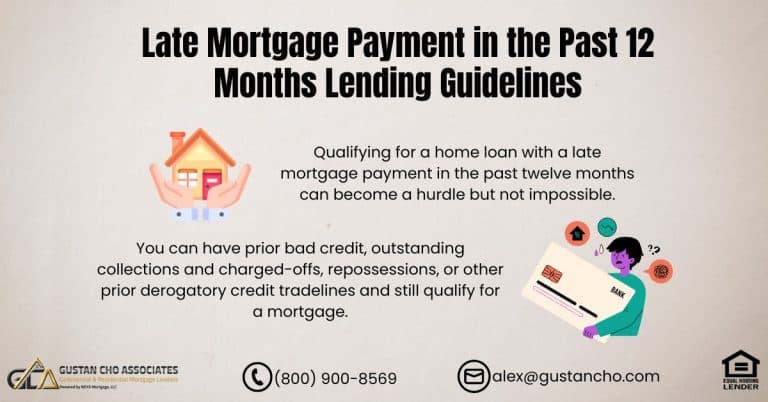This guide covers portfolio loan programs. We will cover what a portfolio loan is. We will compare the benefit of portfolio loan programs versus agencies mortgage loans. Conventional and FHA loans have their own mortgage guidelines. Portfolio loan programs are mortgages where lenders keep on their books and do not sell them to the secondary market.
The main reason why government and conventional loans are so strict is that lenders need to follow guidelines. If HUD is going to insure them lenders need to follow HUD guidelines.
If lenders did not follow HUD Guidelines, HUD, the parent of FHA will not insure the loan. Conventional loans are called Conforming loan. This is because they need to conform to Fannie Mae or Freddie Mac Guidelines. If loan package does not conform with Fannie Mae or Freddie guidelines, the lender cannot sell it to Fannie Mae or Freddie Mac. If they cannot sell it to Fannie Mae and Freddie Mac, they will end up keeping the mortgage loan in their portfolio. In the following paragraphs, we will discuss what a portfolio loan is and how it works.
What is a Portfolio Loan?
A portfolio loan is a type of mortgage loan that is originated , processed, underwritten, and funded by a lender. Once the portfolio loan is oringated and funded, the loan is held by the lender. Porfolio loan is held by the lender’s own portfolio instead of being sold on the secondary market to a government-sponsored enterprise (GSE) like Fannie Mae or Freddie Mac, or to another investor.
What Are The Characteristics of a Portfolio Loan
A portfolio mortgage lender is a lender that originates, processes, underwrites, and funds the porfolio loan and the portfolio mortgage loan is kept on the lender’s own portfolio balance sheet instead of selling it to a secondary market investor. Portfolio lenders have more flexibility in their underwriting criteria compared to conforming loans sold to GSEs. This allows them to serve borrowers who may not qualify for traditional mortgages.
Don’t Qualify for Traditional Loans? Portfolio Loans May Be the Solution
Perfect for unique credit, income, or property situations. Explore Portfolio Loan Options Today!
Portfolio Loans Are Non-Conforming Mortgage Loans
Portfolio loans are typically non-conforming, meaning they don’t meet the standard guidelines for loans that can be sold to Fannie Mae, Freddie Mac, or other investors in the secondary mortgage market. Portfolio lenders may offer unique mortgage products tailored to specific borrower needs, such as jumbo loans, investment property loans, or loans for self-employed individuals.
When a lender keeps a loan in their portfolio, they also retain the servicing rights, allowing them to manage the loan from origination through payoff.
The main advantages of portfolio loans include more flexible underwriting, the ability to retain customer relationships, and the potential for higher profit margins for lenders. However, portfolio lenders also take on the full credit risk of the loans they originate. Portfolio lending allows banks, credit unions, and other financial institutions to customize their mortgage offerings and cater to borrowers who may not fit the standard conforming loan mold. This can expand home ownership opportunities for some consumers.
How Does Portfolio Loan Work?
A portfolio loan is a mortgage loan where a lender is not concerned about selling it on the secondary market. Examples of portfolio loans are the following:
- bank statement mortgage loans
- Fix and flip investment property loans
- Jumbo Mortgages With 5% Down Payment With No Mortgage Insurance
- condotel financing
- non-warrantable condo mortgages
- NON-QM Loans
A portfolio loan can be sold but the majority of them are kept in the lender’s portfolio. The lender uses their own funds and keeps the mortgage loan for the term of the loan.
Portfolio Loans Are Also Called Non-Conforming Loans
Homebuyers who need to purchase residential property but cannot get comps on the appraisal, the chances are they will not qualify for an FHA or a conventional mortgage loan. Both FHA and conventional mortgage loans have specific appraisal requirements. Appraisals require three recent comparable sales similar to the subject property.
If there are no recent comparable sales similar to the subject property within a mile radius, then lenders cannot approve valuation of the property. However, buyers can qualify for a portfolio loan where they will lend on other criteria.
This holds true even though there are no recent comparable sales. A portfolio lender has the luxury to do that. This is because they are keeping mortgage loans they fund and not selling it on the secondary market.
Unique and Special Properties
Homebuyers or high-end luxury homes or unique properties with no comparable sales can qualify for portfolio loan programs. Bank Statement Mortgage Loans for self-employed borrowers are also classified under Portfolio Loan Programs. If that is the case, the chances are that borrowers will not qualify for a conforming conventional or FHA mortgage loan.
On conforming conventional mortgage loans and FHA insured mortgage loans, there need to be at least three recent nearby comparable sales on the appraisal.
If there are no three nearby recent appraisals, the mortgage loan borrower cannot qualify for that particular property under government or conventional loans. In cases like these, a luxury home purchaser needs to obtain a portfolio loan from a portfolio loan mortgage lender. Any unique or odd residential properties will have a hard time getting comparable to an appraisal. Each portfolio lender has its own lending requirements.
Portfolio Loan Guidelines are Different
On cases where there are no appraisal comparable, the best bet borrowers has is to seek the guidance of portfolio lender. This is so loan officer can match the borrower with a portfolio loan lender like Gustan Cho Associates. With bank statement mortgage loans for self employed borrowers, there are lenders that require 24 months bank statements while a few lenders require 12 months bank statements.
Most non-QM loans are portfolio loans where the lender keeps the loan in their portfolio after it funds. There is no waiting period after bankruptcy, foreclosure, short sale with NON-QM Loans on day out of bankruptcy or foreclosure.
Gustan Cho Associates offers no-doc fix and flip portfolio loans and non-doc investment property loans where income documentation is not required by borrowers. Homebuyers who do not qualify for government or conventional loans and need to get qualified for a portfolio loan can contact us at 800-900-8569 or text for a faster response. Or email us at gcho@gustancho.com.
Post Coronavirus Pandemic Update on Portfolio Loan Programs
Gustan Cho Associates Mortgage Group suspended all non-QM loans, especially the bank statement loan program for self-employed borrowers, due to the coronavirus pandemic. However, the great news is that we have reopened the bank statement mortgage loan program for self-employed borrowers. The new update on the bank statement mortgage loan program for self-employed borrowers is borrowers will need to provide 24 months of bank statements. The 12-month bank statement loan program is still suspended. We do expect the 12-month bank statement loan program will reopen in the coming months. Gustan Cho Associates will keep our viewers updated when the 12-month bank statement loan program for self-employed borrowers reopens.
Self-Employed? Investor? Unique Income? Portfolio Loans Have You Covered
We offer custom loan solutions when banks say no. Get Pre-Approved for a Portfolio Loan Now!









